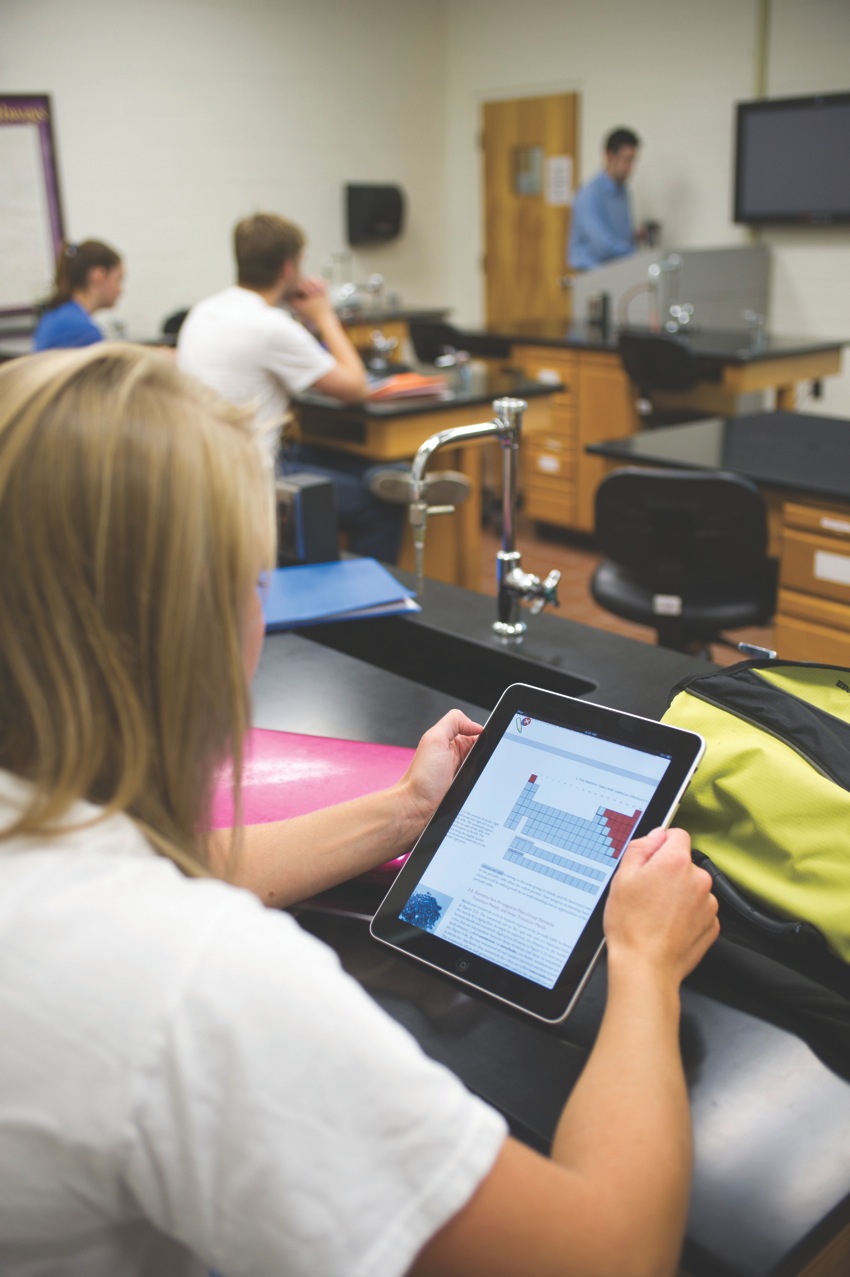iPad mandatory for every student: Welcome to the 21st century

Freed-Hardeman University just announced that starting this fall, the university will provide an iPad to every student who enrolls as a freshman at the university, as well as every faculty member.

The initiative, called iKnow 2.0, is intended to shift the paradigm of traditional instruction at FHU. This is definitely a school that has moved to the Apple camp -- FHU says it will also establish minimum MacBook requirements for incoming freshmen. It is anticipated that continuing and transfer students will be provided an opportunity to opt in to the iKnow 2.0 program and receive an iPad for a one-time fee that is basically equivalent to the cost of the iPad.
The goal, according to a statement from FHU, "is not to reinvent the textbook or reinvent publishing, but to reinvent the way people learn on the campus."
Laptop PCs have been a part of most students' lives for years now. What's so new about handing out iPads? FHU says the iPad provides access to textbooks. "Historically, students go to the university bookstore and spend hundreds of dollars per semester on books. Now, because of the iPad, students will have access to interactive digital textbooks that are not only more participatory, but significantly more affordable:"
As Mark Scott, FHU's vice president of technology and innovation put it: “We are not the most popular people with the bookstore staff right now."
Also, as Dr. LeAnn Self-Davis, dean of the university's school of sciences and mathematics, put it, iPads blend in better with classroom settings. She says that when FHU conducted the iPad pilot study that the tablet seemed to be less intrusive than a laptop and definitely more interactive:
“The students make more eye contact and seem to focus more than they did with a laptop in front of them. Because the iPad is limited to one application at a time, social media, the Internet and other things that can work their way into the classroom through technology did not distract students. The iPad eliminated that.”
The proliferation of iPads in educational settings has been gaining steam ever since Apple announced the tablet last year. For example, Seton Hill University announced last year already that it was handing out iPads to incoming students.
At Notre Dame the use of iPads has been under study, with positive and negative outcomes. As first reported in Forbes, management professor Corey Angst says that while it was first thought that iPads would function mainly as e-readers, in place of traditional textbooks, they also serve as information aggregation tools, over which students could share and access files. There were difficulties in terms of being able to highlight text or take notes, Angst also found.
This post was originally published on Smartplanet.com